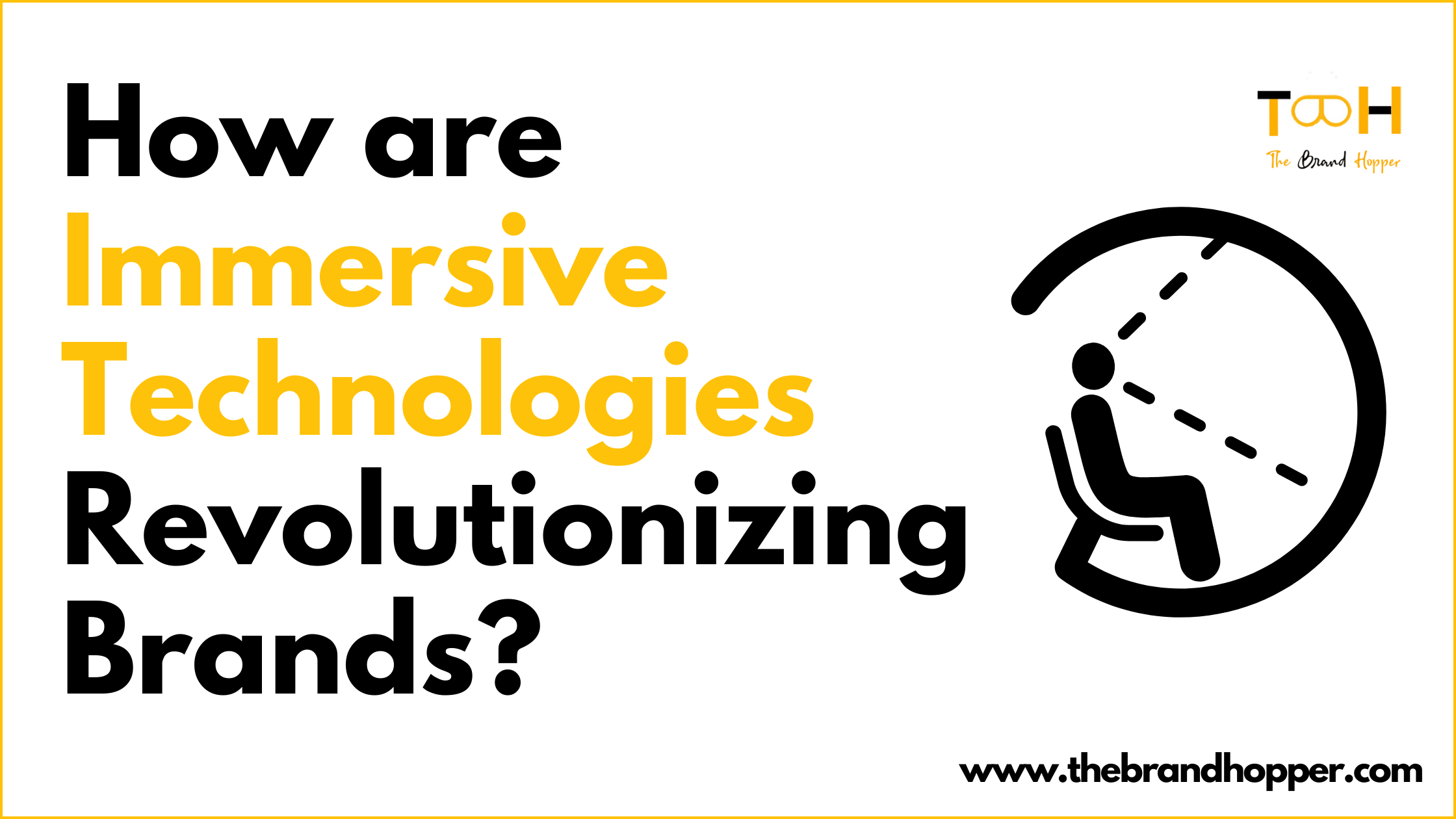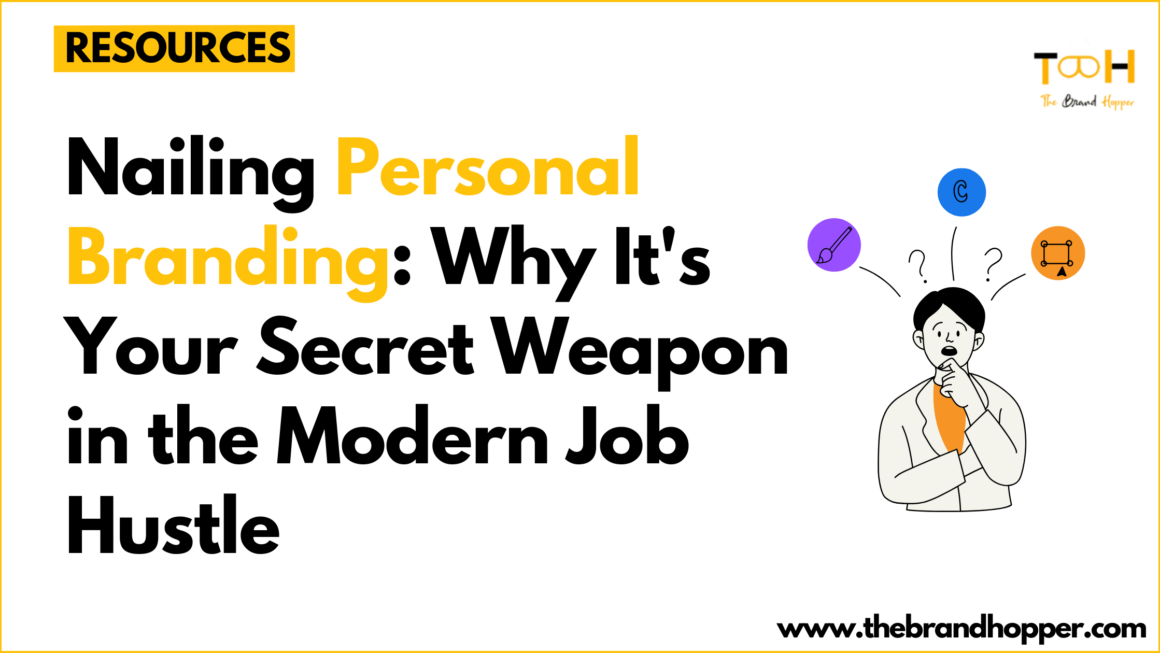The metaverse — an immersive digital world where humans (as avatars) can shop and interact with brands — is poised to transform the future of brand experiences. Take Samsung’s 837X store as a successful example. Launched on the 3D virtual-world platform, Decentraland, users can explore, complete quests, and connect with other avatars within the virtual replica of Samsung’s NYC-based flagship store. But, that’s just the tip of the iceberg. Plenty of other immersive technology like virtual reality (VR) and augmented reality (AR) also shows massive potential to increase brand loyalty and drive sales—as major brands like Coca-Cola and Adidas have already discovered.
Samsung’s personalized metaverse quests
Samsung’s 837x store provides users with a customizable “You Make It” quest, which allows people to create their own unique adventures. Specifically, users collect non-fungible token (NFT) art along the way. Samsung partnered with Pixelmind, creators of AI-generated art, for this project, which means the art pieces generated are completely unique to each user, and inspired by the actions they take on their adventures. Additionally, the first 20,000 players to finish their journeys actually received their own special, one-of-a-kind creation. On top of this, each and every player was awarded with “You Make It” NFT badges, which further drives brand loyalty.
Samsung also uses metaverse to showcase their commitment to sustainability. On their scavenger hunt quest, users have to look for recyclable packaging that could be repurposed for new uses. Once they completed the quests, players were also rewarded with a seed to plant in the Sustainability Forest, along with another NFT badge. Through this quest, Samsung successfully educated consumers on just how easy sustainable practices can be, which also worked to positioned them as a responsible, eco-conscious brand.
Metaverse stores: a profitable business move
25% of business owners believe the metaverse will account for over 15% of their profits in the next five years, while roughly 60% of metaverse shoppers prefer immersive experiences to real-world ones. And, as the metaverse already has over 600 million monthly active users, it can therefore be a lucrative move for entrepreneurs to set up a metaverse store that sells virtual goods and provides fresh brand experiences. Popular platforms like Roblox, Decentraland, and Sandbox draw large user numbers, and promise a positive ROI.
As part of the setup and launch of your metaverse store, you’ll have to form an LLC (limited liability company) for your business. Although other legal structures are available, LLCs are popular for their favorable tax rate. LLC owners can subtract up to 20% of their profits before taxes are determined, which means they reduce the amount paid. You’ll also need to use a registered agent service like Northwest Registered Agent to form your LLC (something which all LLCs are legally required to have). Use a Northwest Registered Agent discount link to get a reduced formation fee.
Coca-Cola’s innovative AR brand experience
Brands also now use AR — technology that overlays visuals or sound onto real-world environments — to enhance brand experiences for customers. For example, Coca-Cola’s UK-based #TakeATasteNow campaign used digital-out-of-home (DOOH) and AR to market Coca-Cola Zero Sugar. As part of the campaign, smartphone users could interact with digital ads via AR headsets, and actually grab virtual bottles of Coke on their smartphones. They then received a voucher code to get a real bottle in their nearest Tesco. This first-of-its-kind, country-wide, two-way DOOH and AR experience was far more exciting and memorable for customers than a regular marketing campaign, whereas the freebies also successfully boosted product awareness.
Adidas uses VR to increase brand awareness
VR provides a deeper level of immersion than AR as it lets users explore and interact with a completely simulated 3D environment in real-time. This creates exciting opportunities for futuristic brand experiences, such as, Adidas’s use of VR to promote their TERREX outdoor fashion collection. Amazingly, consumers could don a VR headset and enjoy a 3D simulation of the notoriously difficult Delicatessen rock climb route in Punta du Corbi, Corsica.
Viewers experienced the climb from the perspective of the professional climbers who filmed themselves with GoPros—as such, they learnt about the skill and technique involved in rock climbing, and were treated to the awesome, 360-degree views, 1,040 meters above sea level. Adidas also successfully reinforced their status as a sports brand for thrill seekers and adventurers. Since 42% of consumers don’t trust brands, while 69% distrust advertising altogether, immersive VR looks set to change that. 80% of shoppers say they’re eager for VR brand experiences.
From the metaverse to VR and AR, immersive technology is set to transform the future of brand experiences. As consumers increasingly crave fresh and interactive digital experiences, brands can use the latest developments in technology to stand out, connect with customers, and build brand loyalty.
To read more content like this, explore The Brand Hopper
Subscribe to our newsletter




